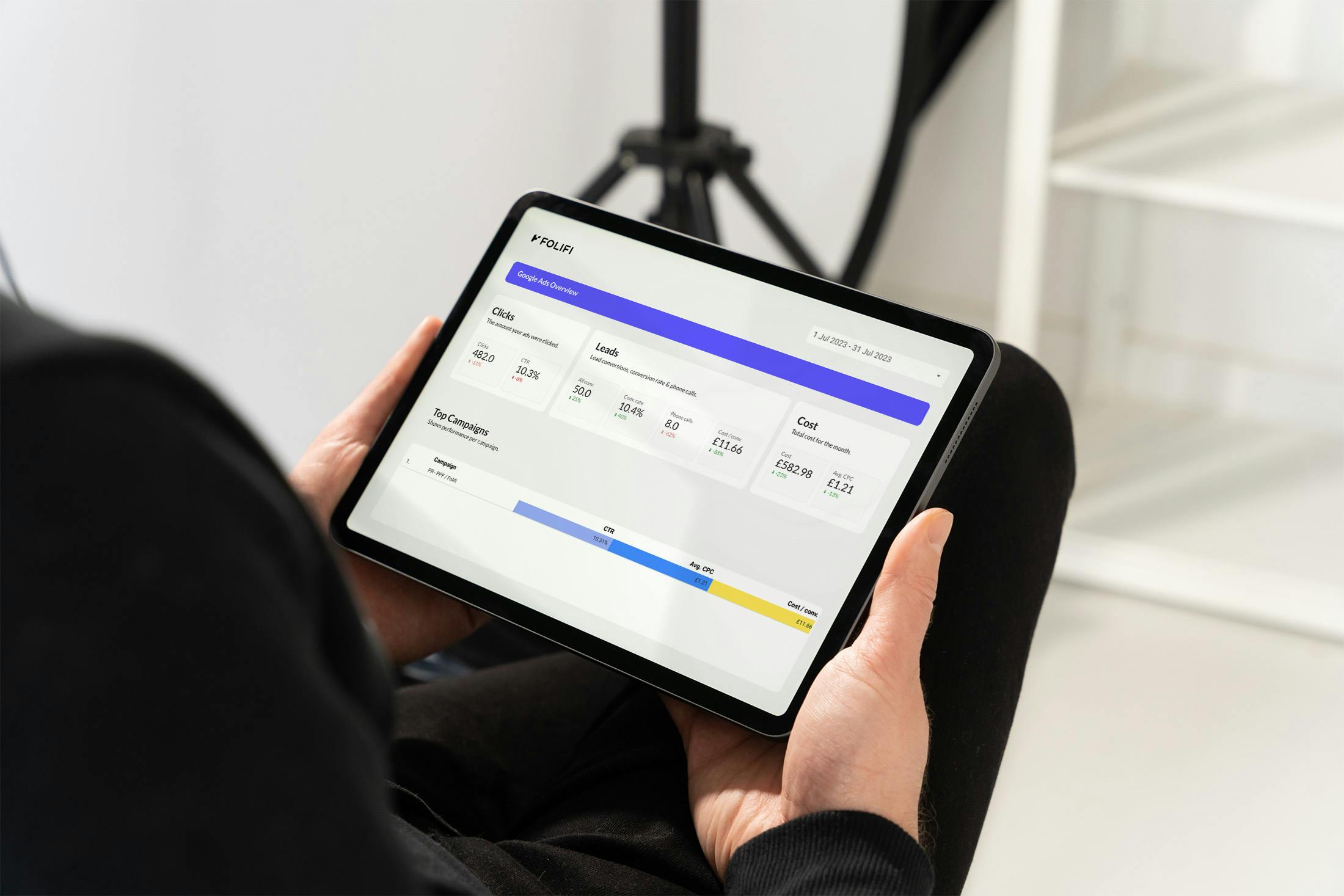How to conduct keyword research and select the right keywords for your Google Ads
One of the foundational pillars of being found online is through effective keyword research, especially if you're using Google Ads. Choosing the right keywords can make or break your ad campaigns.
03 October, 2023

"If you're not being found, you're being left behind" rings true in the world of digital marketing. One of the foundational pillars of being found online is through effective keyword research, especially if you're using Google Ads. Choosing the right keywords can make or break your ad campaigns. But, how do you go about this? Well, here are some steps you can take to conduct keyword research and select the right keywords for your Google Ads campaigns.
Understanding your target audience.
Before diving into keyword tools or databases, it's imperative to understand your target audience. What are their problems? What solutions are they seeking? What language do they use when searching for answers?
By answering these questions, you can generate a preliminary list of potential keywords.
Google's Keyword Planner.
Google's Keyword Planner is an invaluable tool for anyone embarking on keyword research for Google Ads, or even SEO.
Here's how you can use it:
- Start by inputting seed keywords that relate to your product or service. For example, if you sell handmade leather wallets, your seed keywords might be "leather wallets," "handmade wallets," or "quality leather wallets."
- Google will generate keyword ideas based on your seed keywords. This list will give you insights into average monthly searches, competition, and suggested bid amounts.
- Using the provided data, refine your list. Look for keywords with a healthy search volume but lower competition. This might provide a sweet spot for your ads.
Study your competitors.
Your competitors can provide valuable insights. Use tools like SEMrush or Ahrefs to check which keywords your competitors are targeting.
While you shouldn’t copy their strategy, this research can provide a benchmark or even reveal keyword opportunities they've missed.
Prioritise long-tail keywords.
Long-tail keywords are longer, more specific keyword phrases that searchers use. They often have lower search volumes but can convert exceptionally well because they're more precise.
For instance, instead of "leather wallets," a long-tail version might be "handmade brown leather wallets for men." Targeting these can lead to higher ROI since they often have lower CPC (cost per click) and higher conversion rates.
Search intent.
All keywords are not created equal when it comes to search intent. Some keywords suggest a searcher is merely browsing, while others indicate they're ready to buy. For example:
- Informational - "what is a leather wallet?".
- Navigational - "leather wallet brands".
- Transactional - "buy leather wallet".
- Commercial investigation - "best leather wallets 2023".
If you have an eCommerce website, targeting transactional keywords for Google Ads can result in higher conversions because these users are further down the purchasing funnel.
Negative keywords.
Negative keywords are those terms for which you do not want your ad to appear. For instance, if you only sell premium leather wallets, you might want to exclude terms like "cheap" or "discount."
This ensures your ad budget is spent attracting the most relevant audience.
Analyze and adjust.
Once your campaign is running, constantly analyze its performance. Which keywords are driving the most traffic? Which ones are converting best?
Use this data to refine and optimize your keyword list, pausing underperforming keywords and even adding new ones based on actual search queries.
Geographic and demographic data.
If you're targeting a specific region or demographic, make sure your keywords resonate with that audience. This can involve tweaking your keywords to fit regional dialects, slang, or popular local terms.
The right keywords can amplify the reach of your Google Ads, ensuring you get the most bang for your buck. By understanding your audience, utilizing tools like Google's Keyword Planner, studying competitors, prioritizing long-tail keywords, and constantly adjusting, you can craft a winning keyword strategy that drives traffic, conversions, and ROI.
Remember, keyword research isn't a one-and-done task. It's a continuous process, and as market trends shift, user behaviors change, or your business evolves, your keyword strategy should, too. Start with a solid foundation and be ready to adapt – that's the key to success in the world of Google Ads.
If you're struggling to get conversions with your campaigns, or you're simply not satisfied with the performance, we can help! We're a Google Ads agency that works with an array of different businesses with the sole focus of succeeding on Google Ads - drop us a message of book a call here.
Free Strategy Call
Talk to a PPC Expert
Get expert advice on the right PPC strategy for your business! In our 30 minute strategy session with you, we'll dive into:
What's best for your business
Which platform is best to advertise on
How we can help increase your revenue
How we can start getting you enquiries within a day

